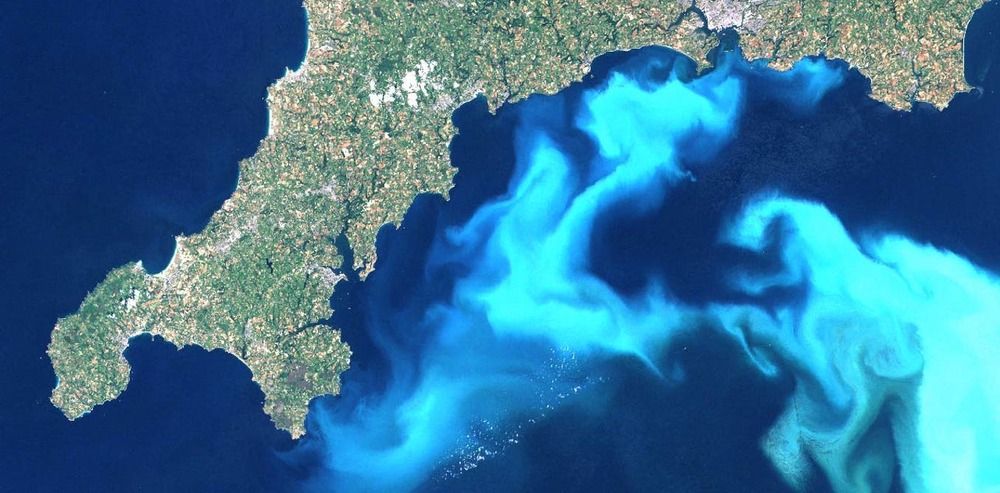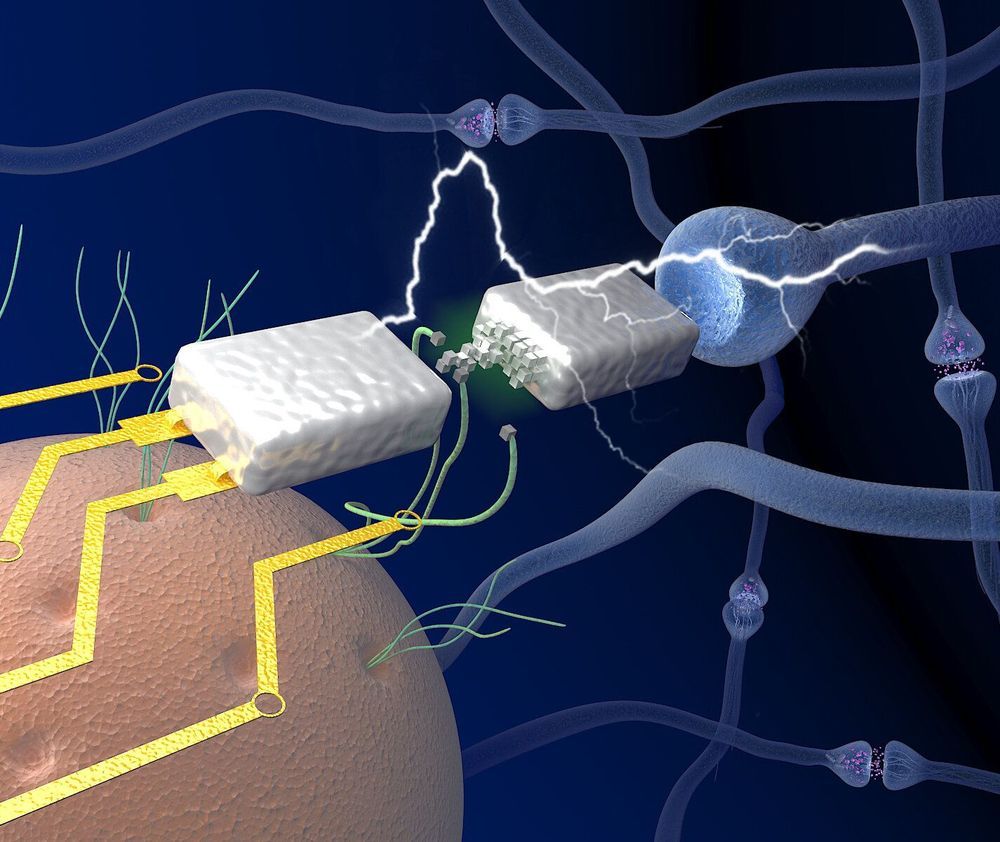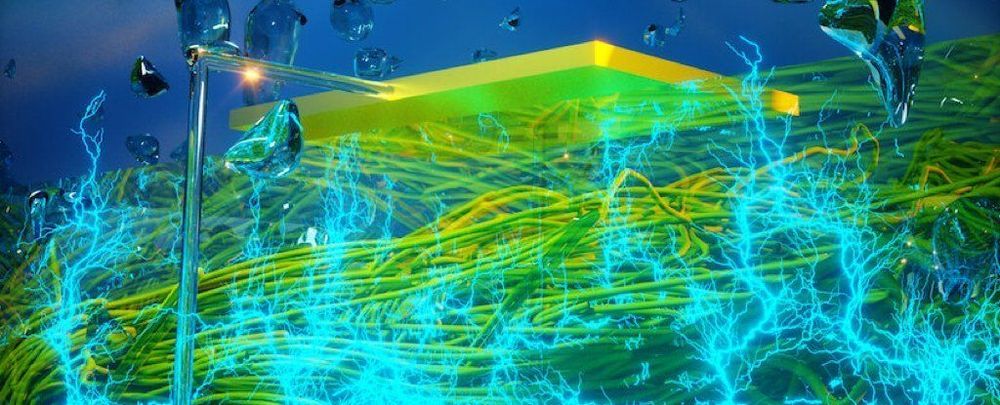Algae isn’t just found in your garden pond or local river. Sometimes it explodes into vast “blooms” far out to sea, that can be the size of a small country. Such algal blooms can match even a rainforest at taking carbon out of the air. And then, in just a week or two, they are gone – sometimes consumed by viruses.
Given the scale of blooms and their vital role in both marine ecology and climate regulation we must know more about these viruses. Research conducted with our Weizmann Institute colleague Yoav Lehahn and others and published in the journal Current Biology, is the first attempt to quantify the affect of viruses on large scale algal blooms.
Algae in this context refers to tiny sea organisms known as phytoplankton which exist right at the bottom of the marine food web, providing the ultimate source of all organic matter in the sea. They do this by consuming carbon dioxide during photosynthesis, “fixing” this carbon into organic matter (themselves) in the same way trees take carbon out of the air.







